Herbal Tea Fertilizer
scardanelli
14 years ago
Related Stories

GARDENING GUIDESGet on a Composting Kick (Hello, Free Fertilizer!)
Quit shelling out for pricey substitutes that aren’t even as good. Here’s how to give your soil the best while lightening your trash load
Full Story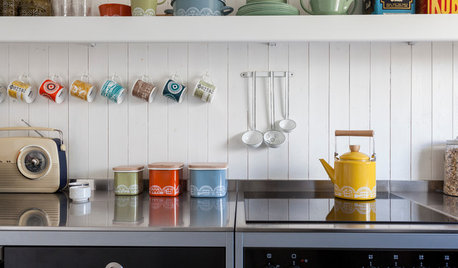
LIFEHow Do You Make Your Tea and Coffee in the Morning?
A morning cup is a must for many, and preparation comes in many guises. We look at coffee and tea habits across the Houzz community
Full Story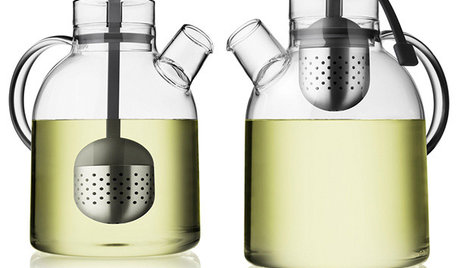
PRODUCT PICKSGuest Picks: Tea and Coffee Accessories
19 teapots, coffee makers, mugs and more to brew your morning cup in style
Full Story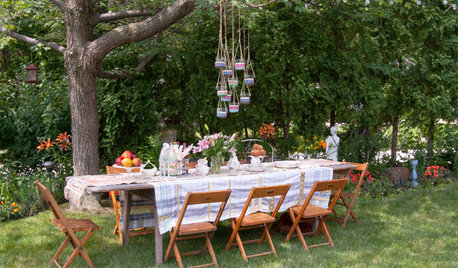
ENTERTAININGHow to Host a Tea Party at Home
Many people are reacquainting themselves with the gracious British ritual, steeped in tradition, that is perfect for an outdoor gathering
Full Story
EDIBLE GARDENSTake Refuge in an Iced Tea Garden
Cultivate the fine art of lounging in the shade and sipping a cold beverage
Full Story
KITCHEN DESIGNHot Ideas and Tips for Coffee and Tea Stations
Let options like drawer inserts and built-in coffeemakers percolate now, so your hot-drinks station can best serve holiday guests
Full Story
GARDENING GUIDESHow to Keep Your Citrus Trees Well Fed and Healthy
Ripe for some citrus fertilizer know-how? This mini guide will help your lemon, orange and grapefruit trees flourish
Full Story
GARDENING GUIDESHow to Switch to an Organic Landscape Plan
Ditch the chemicals for a naturally beautiful lawn and garden, using living fertilizers and other nontoxic treatments
Full Story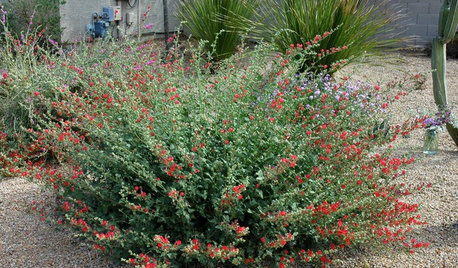
GARDENING GUIDESSouthwest Gardener's February Checklist
Orange you glad for a citrus-fertilizing reminder? And don't forget the recommended doses of vegetable seeds and cold-hardy flowers
Full Story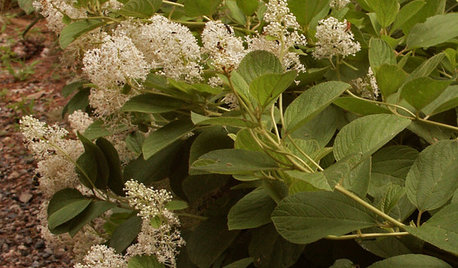
GARDENING GUIDESGreat Design Plant: Ceanothus Americanus
Thriving in lean soil and attracting the good bugs, New Jersey tea is a boon to full-sun areas of the garden
Full StorySponsored
Your Custom Bath Designers & Remodelers in Columbus I 10X Best Houzz
More Discussions







valerie_ru
scardanelliOriginal Author
Related Professionals
Holly Springs Landscape Architects & Landscape Designers · Arnold Landscape Architects & Landscape Designers · Saint Louis Park Landscape Architects & Landscape Designers · Mooresville Landscape Contractors · Canton Landscape Contractors · Hayden Landscape Contractors · Mount Kisco Landscape Contractors · Oklahoma City Landscape Contractors · Adrian Decks, Patios & Outdoor Enclosures · Bellevue Decks, Patios & Outdoor Enclosures · Del Aire Decks, Patios & Outdoor Enclosures · Fort Collins Decks, Patios & Outdoor Enclosures · Huntington Decks, Patios & Outdoor Enclosures · Jupiter Decks, Patios & Outdoor Enclosures · Lebanon Decks, Patios & Outdoor Enclosuresborderbarb
borderbarb
scardanelliOriginal Author
borderbarb
dchall_san_antonio
scardanelliOriginal Author
dchall_san_antonio
scardanelliOriginal Author
maplerbirch